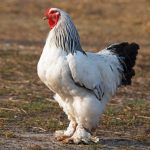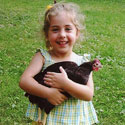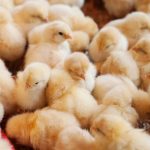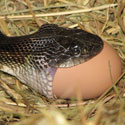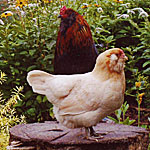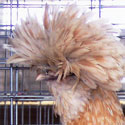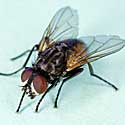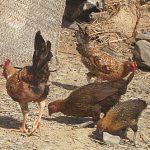
Giving chickens to underprivileged women will lift them out of poverty. So says Pakistan’s Prime Minister Imran Khan, who is getting a lot of flak from his country’s political elite. But consider this: Chickens were once the savior of poverty-stricken rural Americans, according to U.S. Agriculture Secretary Henry A. Wallace (1933-1940). In the 1900s, […]
Continue Reading
